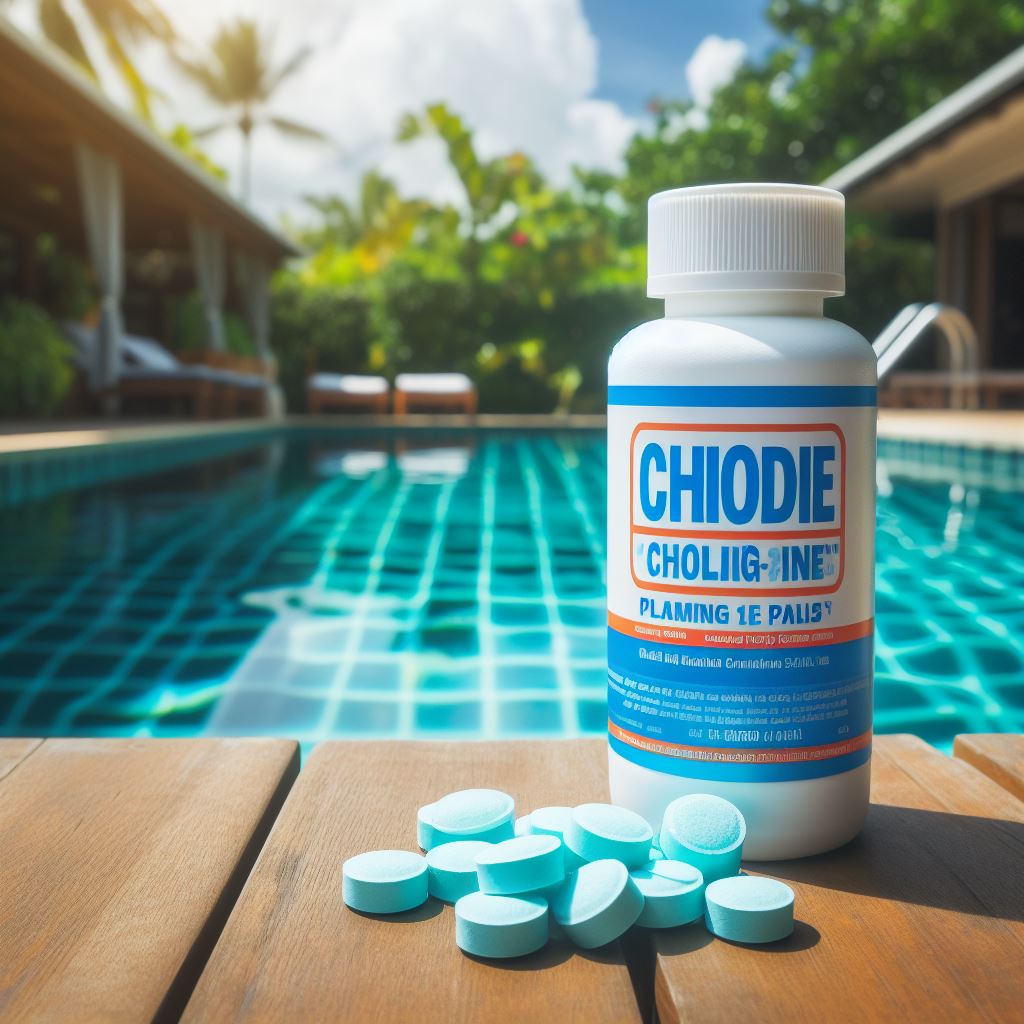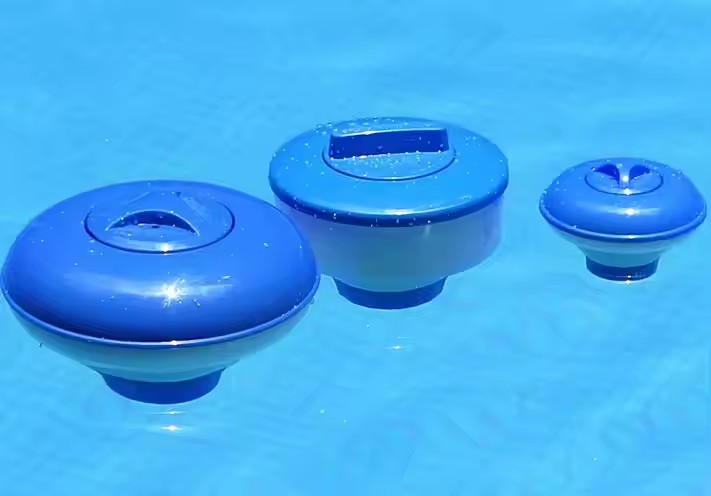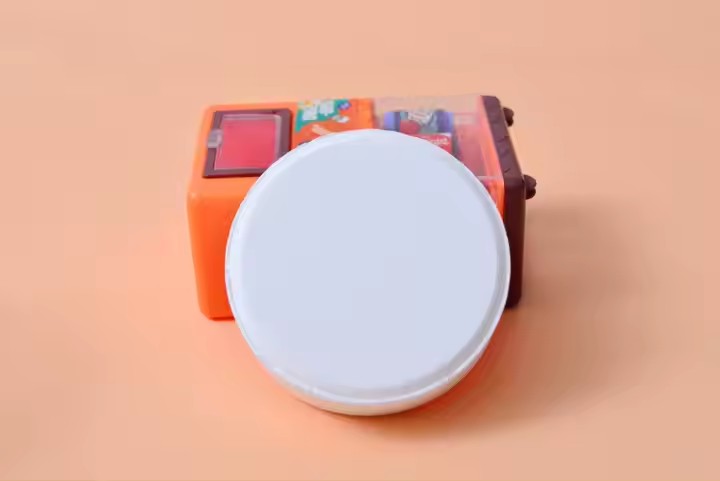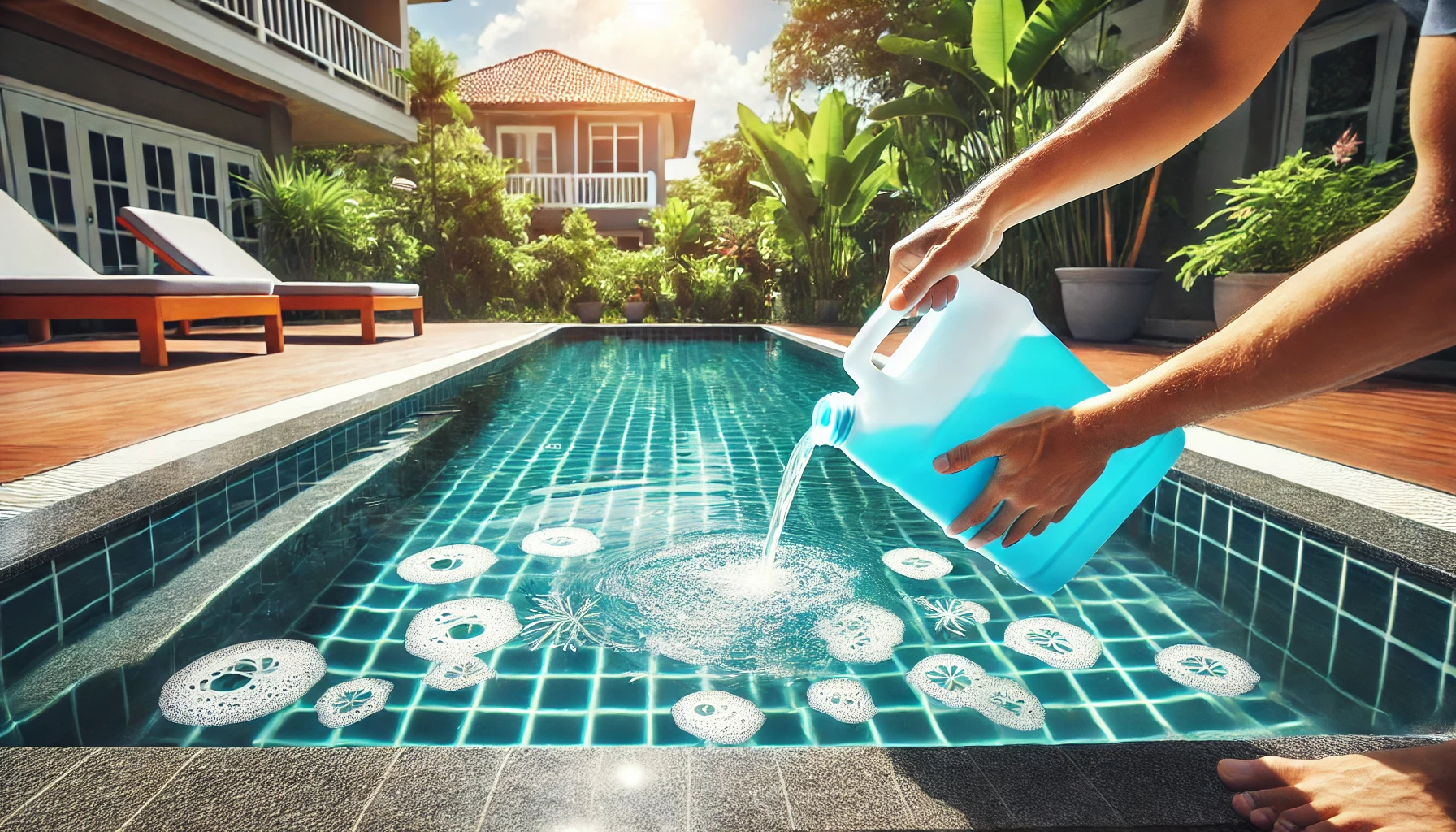As a pool owner, do you find yourself confused when choosing pool chemicals? Specifically, when faced with the decision between stabilized chlorine and unstabilized chlorine, many are unsure which to choose. These two types of chlorine sound similar, but their functions and uses are quite different. Today, let’s explore these two types of chlorine in detail and help you make the best choice.
What is Unstabilized Chlorine?
Unstabilized chlorine refers to chlorine compounds that do not contain cyanuric acid. Cyanuric acid is a chemical stabilizer that slows down the degradation of chlorine under sunlight. Without cyanuric acid, unstabilized chlorine breaks down quickly when exposed to ultraviolet light, meaning its disinfecting effect diminishes rapidly and needs frequent replenishment.
Advantages of Unstabilized Chlorine:
- Ideal for Indoor Pools: Since indoor pools are not exposed to sunlight, unstabilized chlorine does not need to worry about rapid degradation from UV light.
- Fast Disinfection: Unstabilized chlorine can quickly increase chlorine levels in the pool, making it suitable for situations that require rapid disinfection.
- Large Water Volume Adjustment: If your pool needs a large amount of water added, using unstabilized chlorine can quickly raise the chlorine levels.
Disadvantages of Unstabilized Chlorine:
- Sunlight Sensitivity: When used outdoors, unstabilized chlorine breaks down quickly and requires frequent replenishment, increasing maintenance costs and effort.
- Short Duration: Without stabilizers, unstabilized chlorine stays in the water for a shorter time, requiring frequent monitoring and addition.
What is Stabilized Chlorine?
Stabilized chlorine refers to chlorine compounds that contain cyanuric acid. Cyanuric acid protects chlorine from rapid degradation by UV light, extending its effective time in the water. This makes stabilized chlorine particularly effective for outdoor pools, as it reduces the frequency and cost of chlorine replenishment.
Advantages of Stabilized Chlorine:
- Reduced Chlorine Usage: Stabilized chlorine can stay in the water longer, reducing the need for frequent additions.
- Cost Savings: Reduced usage translates to overall savings on chlorine purchases.
- Simplified Water Treatment: A longer effective period means less maintenance and monitoring, saving time and effort.
Disadvantages of Stabilized Chlorine:
- High Cyanuric Acid Levels: If the cyanuric acid level in the pool is too high, it can inhibit the effectiveness of chlorine. Solving this usually requires diluting the pool water, which increases maintenance difficulty.
- Not Suitable for Shock Treatments: Due to the presence of cyanuric acid, stabilized chlorine is not ideal for situations that require rapid disinfection.
How to Choose the Right Chlorine for Your Pool?
Choosing between stabilized and unstabilized chlorine depends on the specific conditions and needs of your pool. Here are some key factors and suggestions:

Pool Type
- Indoor Pools: Unstabilized chlorine is a better choice since there is no concern about UV light.
- Outdoor Pools: Stabilized chlorine is more suitable as it can last longer under sunlight, reducing the frequency of replenishment.
Usage Purpose
- Daily Maintenance: Stabilized chlorine can simplify daily maintenance work, reducing the hassle of frequent additions.
- Shock Treatment: Unstabilized chlorine is more effective when you need to quickly raise chlorine levels.
Water Volume and Addition Frequency
- Large Water Additions: Unstabilized chlorine can quickly raise chlorine levels, suitable for situations requiring frequent water additions.
- Low Maintenance Frequency: If you want to reduce maintenance frequency and costs, stabilized chlorine is the ideal choice.
Other Important Considerations
- Pool Filter Balls: Keeping your pool water clear is equally important. Using pool filter balls is an efficient and economical filtration method. Filter balls can effectively capture impurities and particles, reducing water turbidity and further enhancing pool cleanliness.
- Chlorine Concentration and Water Quality Monitoring: Regardless of the type of chlorine used, maintaining an appropriate chlorine concentration is crucial. Typically, the chlorine concentration in a pool should be around 3 ppm. Regularly use testing tools to monitor chlorine levels to ensure they are within the optimal range.
- Cyanuric Acid Level Control: For pools using stabilized chlorine, controlling cyanuric acid levels is also important. High levels of cyanuric acid can reduce the effectiveness of chlorine, so it should be kept below 100 ppm. If the cyanuric acid level is too high, diluting the pool water can lower the concentration.
Conclusion
Whether to choose stabilized chlorine or unstabilized chlorine depends on your pool type, usage needs, and maintenance capabilities. Stabilized chlorine is suitable for outdoor pools requiring long-term maintenance, while unstabilized chlorine is better for indoor pools or situations needing rapid disinfection. Combining the use of an efficient filtration system, such as pool filter balls, and maintaining appropriate chlorine and cyanuric acid levels will help you manage and maintain your pool easily, ensuring the water is always clear and safe.


